37¢ Marian Anderson, issued to satisfy the first-class postage rate
Issue Date: January 27, 2005
City: Washington, DC, at Constitution Hall where Anderson was prohibited from performing in 1939 because of her race
Quantity Issued: 150,000,000
Category: Commemorative
Printed By: American Packaging Corporation for Sennett Security Products
Printing Method: Photogravure
Perforations: Serpentine Die Cut 10¾
Birth Of Marian Anderson
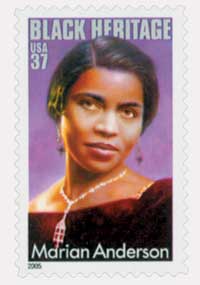
Marian Anderson was born on February 27, 1897, in Philadelphia, Pennsylvania.
The oldest of three children, Anderson had a talent for singing from an early age. When she was six, her aunt noticed this talent and encouraged her to join the church’s junior choir. Her aunt also took her to see concerts in the city and arranged for Marian to sing at local functions. Later in life, Anderson acknowledged her aunt’s significant role in establishing her music career.
Anderson briefly attended a grammar school, but the family couldn’t afford to send her to high school or for music lessons. But she continued to perform and learn from anyone that would teach her. As a teen, she joined the Camp Fire Girls, which offered her some opportunities to sing. Eventually, people from Anderson’s church and community raised money so she could get singing lessons and attend high school.
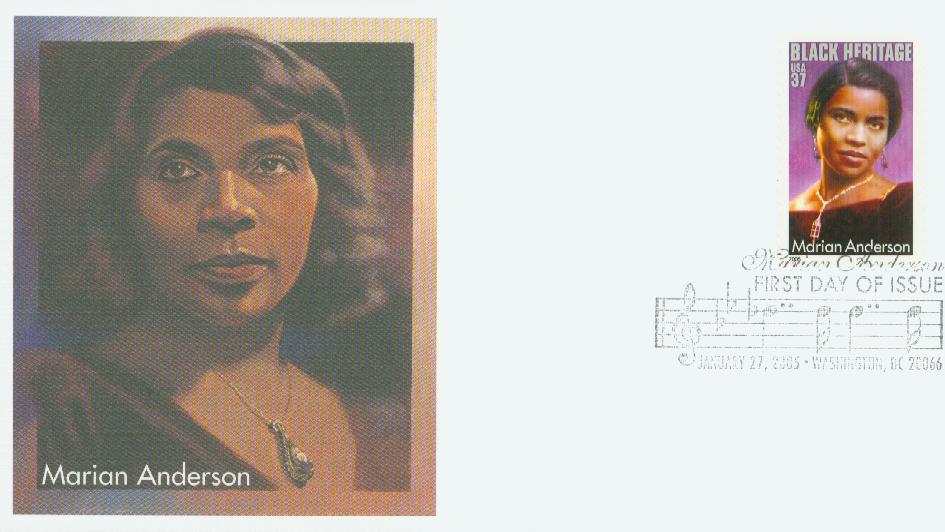
After graduating in 1921, Anderson attempted to attend an all-white music school but was turned away. Instead, she studied singing privately. Then in 1925, Anderson won first prize in a New York Philharmonic singing competition. She then got to sing with an orchestra at the Philharmonic and received widespread praise for her performance. This led to several more performances, including one at Carnegie Hall in 1928. However, racial prejudice was holding her back so she decided to go to Europe.
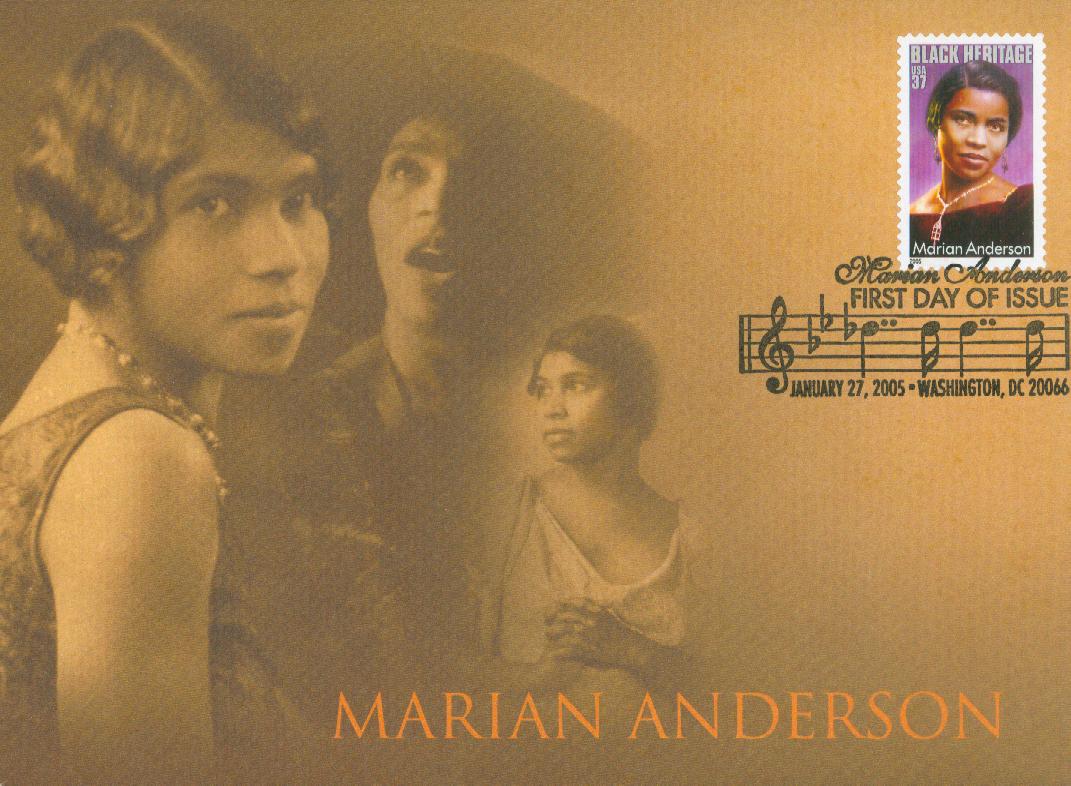
In Europe, Anderson studied with an opera singer before holding her first concert in 1933. She was warmly received and toured throughout Europe, finding none of the prejudices she had experienced in America. In spite of this, Anderson got a new manager who convinced her to return to America. She did and received positive reviews. Anderson then spent four years touring the US and Europe. She was offered several opera roles but turned them down because she didn’t have any acting experience.
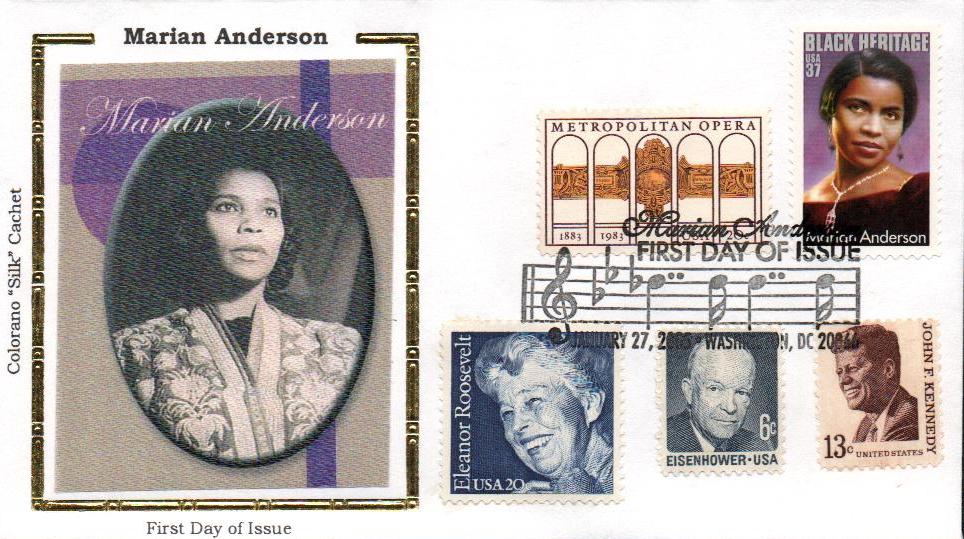
In spite of her worldwide fame, Anderson still suffered prejudice. In 1939, the Daughters of the American Revolution (DAR) refused to allow her to perform at Constitution Hall in Washington, DC. The refusal outraged the public, the music industry, and First Lady Eleanor Roosevelt. In protest, an open-air concert on the steps of the Lincoln Memorial was held on Easter Sunday. Anderson sang before 75,000 people and millions of radio listeners. Several weeks later, she gave a private concert at the White House for the Roosevelts and visitors King George VI and Queen Elizabeth of Britain. Later that year she also received the Spingarn Medal from the National Association for the Advancement of Colored People.
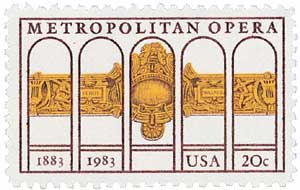
Four years later, Anderson was invited to sing at Constitution Hall by the DAR as part of a benefit concert for the American Red Cross. Throughout World War II and the Korean War, Anderson put on several concerts for troops in hospitals and on bases. In 1955, Anderson became the first African American to perform at the Metropolitan Opera in New York City.
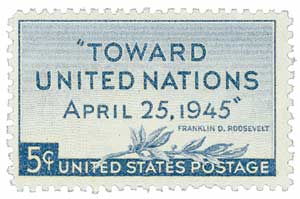
In 1957, Anderson sang at President Dwight D. Eisenhower’s inauguration. That same year she went on a tour of India and the Far East as a goodwill ambassador for the US State Department and the American National Theater and Academy. During that trip, she traveled 35,000 miles and gave 24 concerts in 12 weeks. Eisenhower then made her a delegate to the UN Human Rights Committee.
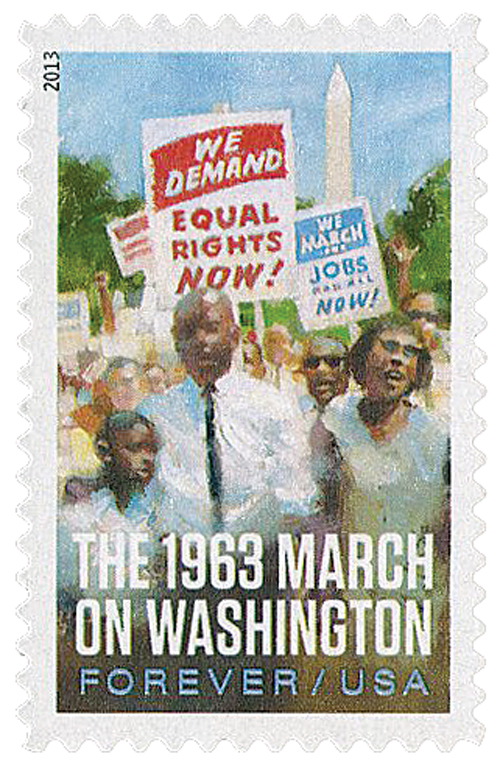
In the early 1960s, Anderson sang at John F. Kennedy’s inauguration, toured Australia, and was active in the Civil Rights Movement. She put on benefit concerts and sang at the 1963 March on Washington for Jobs and Freedom. That year she was also one of the first 31 recipients of the newly reinstated Presidential Medal of Freedom.
Between 1964 and 1965, Anderson conducted an international farewell tour, which began at Constitution Hall and ended at Carnegie Hall. Though she retired from singing, Anderson continued to make public appearances. She received several honors in her later years including the UN Peace Prize, Congressional Gold Medal, Kennedy Center Honors, National Medal of Arts, and a Grammy Award for Lifetime Achievement. She died on April 8, 1993.
